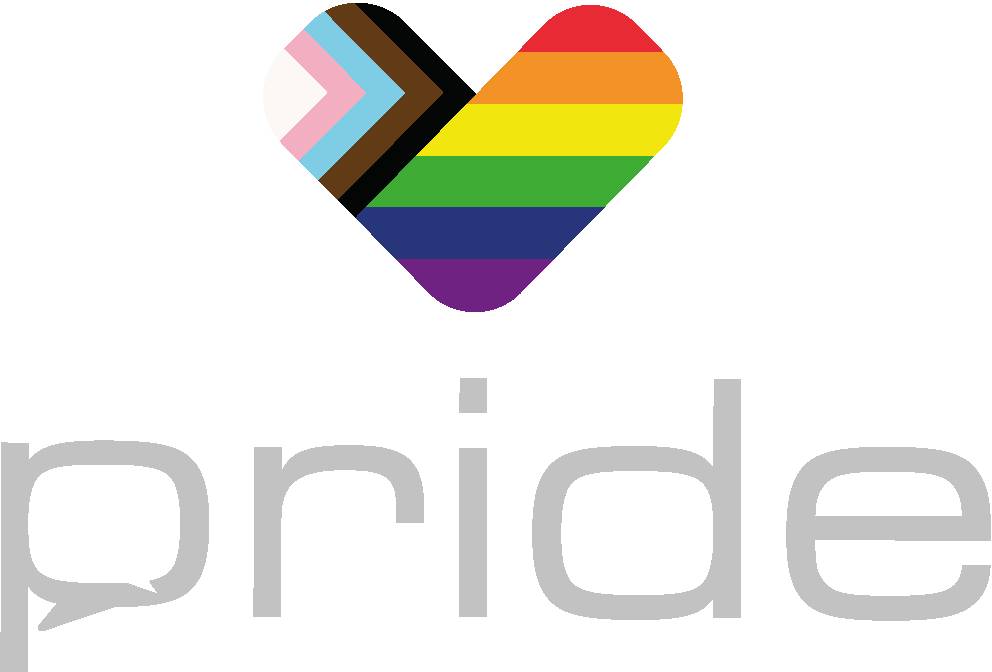
Pride @ Rapport Shares How Your Workplace Can Take an Active Role in Discussing Mental Health
The workplace is where many people spend a fair chunk of their week. On average, a full-time worker could spend 250 days or more at work every year. Whether we are physically at the workplace or working from home, our professions can be such a huge part of our lives, as well as using up an amount of our social and emotional time. But no matter how much time someone spends at work, it can take up a lot of our mental real-estate, so for that reason, it is extremely important that workplaces take an active role in addressing mental health.
Bastien from Pride @ Rapport committee commented:
"Rapport does a lot to ensure we are in a good mental place at any time; between the various Rapport Network employees can join (one of which is dedicated to Mental well-being), strong company ethics discouraging all forms of harassment, and Mental Health first-aiders ready to assist at any time, Rapport unquestionably places a priority on the mental well-being of its people."

To address the mental health state of your colleagues and teams is akin to addressing the relative mental health of your business or organisation. Having open and honest discussions about mental health is a good first step in creating a safe environment and fostering a supportive culture around mental wellbeing at work. There is a little bit more to creating open discourse around mental health than providing fruit bowls and yoga classes, so below are some tips for organisations and businesses that want to get serious about mental health.
Make support accessible
A complaint that you will regularly hear, not just in the workplace but in the community in general, is that support for mental wellbeing is not accessible. Waitlists are long, professional treatments can be highly expensive, and sometimes support is scarcely available at all. One thing you can do as an organisation ensures that you are equipped with the tools to at least be the first point of contact for your employees who are seeking support. It is recommended to at least have as many Mental Health First Aiders as you do regular First Aiders. You should also ensure that you have support lines, such as the Samaritans, Switchboard, or even your own internal support lines, on display. You can put posters up in shared spaces, or even on your company intranet, as long as they are easy to find.
Lead by example
A culture that puts wellbeing as a top priority needs to be led from all sides of the business. One of the most powerful things that leaders within an organisation can do is to be open and honest about their own mental health and well-being journey. If you want your teams to utilise the employee phone counselling service, why not be the first to pick up the phone and try it?
Regular initiatives
Host regular initiatives and training sessions throughout the year. You could organise a mental health roadshow with guest speakers, group activities, and morning teas. Organise training and education for all levels of staff. Get involved in national initiatives like Stress Awareness Month or Mental Health Awareness Week, as Clare from Rapport’s Wellbeing committee has done. She commented when promoting a Mental Fitness Masterclass:
“One of the key things we can all do to look after our Well-being is to pay attention to our Mental Fitness.”
#TeamBeWell (Rapport’s wellbeing employee-led network) finished off Stress Awareness month in style by sharing some great ways to beat stress. See below our Dot Mandala session and very first Table Tennis tournament.

Chris from the Pride @ Rapport committee said: “Walking clears my mind and opens my eyes.”

Sam from Pride @ Rapport committee said: “Spending time with nature and animals recharges me. I also love that my colleagues accept me as I am.”



